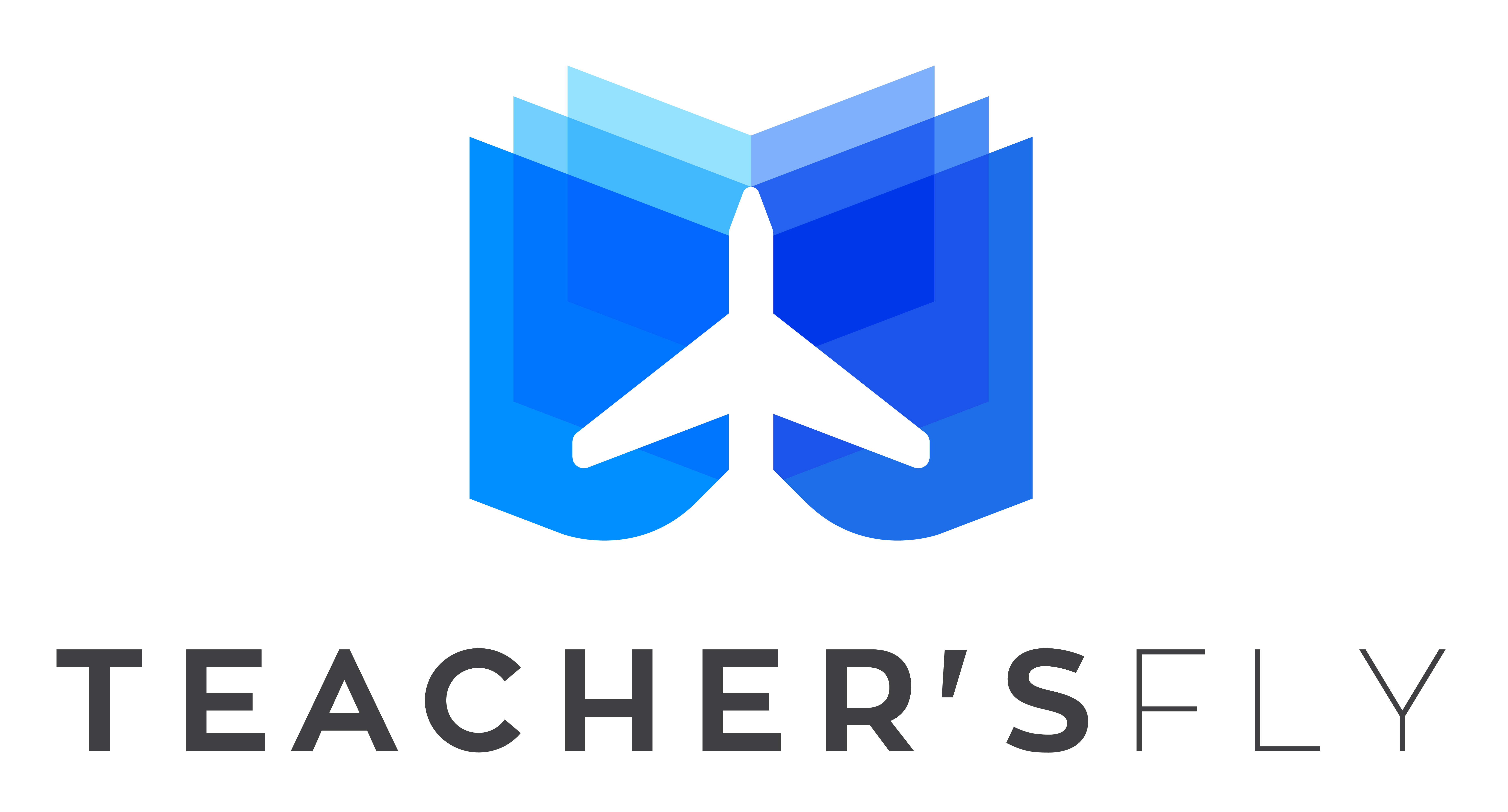30 Aug 3 Free Technologies to Help Students Learn to Read
Once taught through traditional methods, the fundamental skill of reading has become much easier to acquire via the use of technology. Technology provides an exciting opportunity to enhance literacy in a way that’s personalized, engaging, and accessible to all. This post delves into three technologies that help make learning to read easier in ways that empower both educators and students.
KhanAcademyKids.org
While some may associate Khan Academy with math videos, today, it is much more. Khan Academy now has Khan Academy Kids with thousands of educational games, books, and activities for children ages 2-8.
Kids can learn reading, phonics, writing, and social-emotional development through fun educational games and lessons. Find a variety of activities, from ABC games for kids to 2nd-grade books. Students can learn with catchy songs and yoga videos – while having fun moving, dancing, and getting the wiggles out. Khan Academy Kids is completely free, forever—no ads or subscriptions necessary.
Generative Artificial Intelligence (Gen AI)
There are numerous Generative AI platforms available to support learning to read from the popular ChatGPT to Bing, Bard, Claude, etc. Here are some ideas for doing that, with more detail on each in this post.
- Adaptive Content: Tailor reading passages to individual reading levels and languages, providing a personalized learning experience.
- Create Personalized Stories and Songs: Create custom stories featuring students or write educational songs to make vocabulary learning fun.
- Reading Comprehension Support: Utilize AI to develop questions that challenge and enhance reading comprehension skills.
Common Sense Education
- Customized Search: With filters for topic, grade level, device type, subject, cost, and more, finding the right resources is streamlined and efficient.
- Reliable Ratings: An overall learning rating helps educators quickly identify quality resources to suit their students’ needs.
Once taught through traditional methods, the fundamental skill of reading has become much easier to acquire via the use of technology. Technology provides an exciting opportunity to enhance literacy in a way that’s personalized, engaging, and accessible to all. This post delves into three technologies that help make learning to read easier in ways that empower both educators and students.KhanAcademyKids.orgWhile some may associate Khan Academy with math videos, today, it is much more. Khan Academy now has Khan Academy Kids with thousands of educational games, books, and activities for children ages 2-8.Kids can learn reading, phonics, writing, and social-emotional development through fun educational games and lessons. Find a variety of activities, from ABC games for kids to 2nd-grade books. Students can learn with catchy songs and yoga videos – while having fun moving, dancing, and getting the wiggles out. Khan Academy Kids is completely free, forever—no ads or subscriptions necessary.Generative Artificial Intelligence (Gen AI)There are numerous Generative AI platforms available to support learning to read from the popular ChatGPT to Bing, Bard, Claude, etc. Here are some ideas for doing that, with more detail on each in this post. Adaptive Content: Tailor reading passages to individual reading levels and languages, providing a personalized learning experience. Create Personalized Stories and Songs: Create custom stories featuring students or write educational songs to make vocabulary learning fun. Reading Comprehension Support: Utilize AI to develop questions that challenge and enhance reading comprehension skills.Common Sense EducationChoosing the right tools for reading education can be daunting, but Common Sense Education simplifies the process:Customized Search: With filters for topic, grade level, device type, subject, cost, and more, finding the right resources is streamlined and efficient.Reliable Ratings: An overall learning rating helps educators quickly identify quality resources to suit their students’ needs.By integrating technologies like Khan Academy Kids, Generative AI, and Common Sense Education, educators can lead the way in transforming reading education. These tools offer a way to make confident reading a reachable goal for every child. The time to explore, adapt, and inspire is now, for the future of reading education is not just on the horizon—it’s here.


Sorry, the comment form is closed at this time.